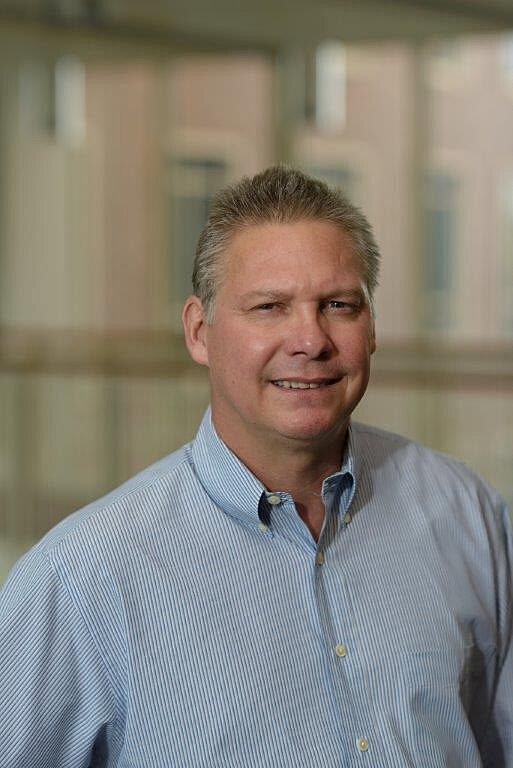UF Health researchers identify novel genetic links between herpes virus and cancer

A dormant herpes virus uses its proteins and small RNAs to create genetic changes that can cause cancer in patients with AIDS and other immune deficiencies, a team of University of Florida Health researchers has found.
The virus, known as Kaposi’s sarcoma-associated herpesvirus, is the agent that that causes Kaposi’s sarcoma and blood cancers. Kaposi’s sarcoma, which causes lesions in the skin, lymph nodes and internal organs, affects about 20,000 people in the United States. It is the most common tumor among AIDS patients in Africa, according to the World Health Organization.
Knowing more about the genetic interactions between the herpesvirus and Kaposi’s sarcoma is an important step in understanding how the virus contributes to tumor formation and ultimately in developing virus-specific cancer therapies, said Rolf Renne, Ph.D., a professor in the UF College of Medicine’s department of molecular genetics and microbiology and a member of the UF Health Cancer Center and UF Genetics Institute. The findings were published July 17 in the journal PLOS Pathogens.
The researchers focused on understanding how the virus interacts with and affects a certain type of cellular RNA, said Sunantha Sethuraman, Ph.D., a former graduate assistant in the department of molecular genetics and microbiology and first author of the study. They found that the virus uses its proteins and small RNA molecules, known as micro RNAs, to manipulate cells into a more cancer-supporting state. In that disrupted genetic environment, tumors are more likely to arise.
Understanding how the virus influences gene regulation among specific molecules known as long noncoding RNAs will help scientists decipher the important molecular mechanisms that cause Kaposi’s sarcoma, Sethuraman said. The virus manipulates human cells by targeting protein-coding genes and cell signaling, and the researchers showed it alters the activity of hundreds of molecules that are involved in cells’ growth, division and death.
“In one particular case, we showed that if we can counteract that process, then the proliferation and migration of these cells can be kept in control and reduced,” she said.
To establish their findings, the researchers analyzed human umbilical vein endothelial cells that were infected with Kaposi’s sarcoma-associated herpesvirus. By identifying the specific molecular targets of the virus and collecting other biochemical evidence, the researchers showed the virus’s RNA molecules silence a gene that would otherwise suppress tumors. They also identified two proteins within the virus that potentially contribute to the growth of Kaposi sarcoma tumors by affecting long noncoding RNAs.
Now that researchers know more about the genetic relationship between the herpes virus and Kaposi’s sarcoma, Renne said they can continue pursuing their long-term goal of developing therapeutic strategies and potential drugs that would only target cells that are infected with the herpes virus.
“While these novel findings are just the beginning of reaching our long-term goal, we are excited that we have collaborated with two other laboratories and found similar results for the Epstein-Barr virus, another human herpes virus associated with cancer,” Renne said.
To study these novel cancer-associated mechanisms, UF Health was recently awarded a $6.5 million, multi-investigator grant, which funds research in two laboratories at UF — led by Rolf Renne, Ph.D., and Scott Tibbetts, Ph.D., an associate professor in the department of molecular genetics and microbiology — and one at Tulane University, led by Erik Flemington, Ph.D., a professor of pathology.
The other researchers on the team were graduate assistant Lauren Appleby Gay and postdoctoral associate Vaibhav Jain, Ph.D., both of the department of molecular genetics and microbiology; and Irina Haecker of Justus-Liebig University in Giessen, Germany.
The study was supported by grants from the National Cancer Institute and the UF Health Cancer Center.
About the author
